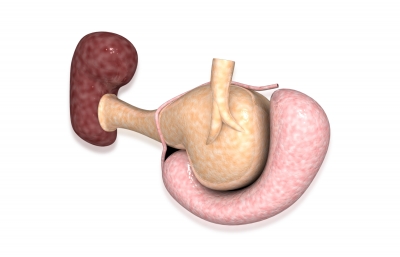As we age, our body naturally goes through changes—the memory may not be as sharp, we may not be able to see as clearly, and our hearing can take a hit. While we may not be able to stop these kinds of changes right in their tracks, we can take steps to minimize the impact, and slow or possibly partially reverse some of the damage. Here are a few important considerations for dealing with changes in your hearing.
Signs You Should Get Your Hearing Checked
There are several signs you should make an appointment with your doctor to get your hearing evaluated. Do you notice yourself pumping up the volume more often on the TV or radio? Are you experiencing ringing in your ears? Is it getting harder to differentiate between conversations and background noise? Are your friends and family continually having to repeat themselves? Is it harder to follow phone conversations? Do you notice any differences in hearing between your right and left ear? If you answered yes to any of these questions, you should get checked out.
Getting Evaluated
The practitioner will perform an exam and some tests to determine the cause of the hearing loss. While hearing naturally declines as we age, there can often be other conditions, such as an infection, contributing to the problem. And if these underlying conditions can be treated, whether through medication or surgery, your situation can greatly improve.
If there does not seem to be any underlying medical condition contributing to your hearing problems, you will be given a variety of tests to evaluate the following:
- How well you can heart different pitches and volumes
- Speech comprehension and how well you can distinguish between words that sound similar
- How well sound moves through your middle ear and eardrum
- How well signals are moving from your ears to your brain
Treatment Options
The best treatment will depend on factors such as how much of your hearing has been lost, and the type of hearing loss you are experiencing.
- Hearing aids are one of the most common treatments; they cannot restore hearing, but help you hear better—there are actually many different types of aids, and your doctor will determine the most appropriate one based on the results of your evaluation.
- Cochlear implants help you hear better by directly stimulating the auditory nerve, which in turn sends signals to your brain. This is designed for people who really would not respond well to hearing aids because their hearing loss is more severe. The sounds are not exactly the same as you would hear normally, and it can take a bit for the brain to adjust and adapt.
- Middle ear implants may be a good option if you are hearing loss is a bit more extensive, and would not respond well to a hearing aid, but it is not so severe you would require cochlear implants. An external microphone, which picks up sound, is placed above your ear. It is then converted into electrical signals that move through the skin to an implant attached to the middle ear. The implant amplifies the vibration, and sends it to the inner ear. Lastly, a nerve signal is delivered to the brain, which it recognizes as sound.
Self-Care
There are certain forms of self-care that may benefit you. Supplementing with antioxidants may help improve hearing, particularly alpha-lipoic acid, vitamin C and vitamin E. Sound therapy, which involves listening to a specific combination of sounds, may help improve hearing by stimulating certain parts of the ear, and improving their function.
Kelli Cooper is a freelance writer who enjoys blogging about all things related to health; are you searching for quality hearing aids in locations around Michigan? If so, she recommends learning more about Fluke Hearing.





